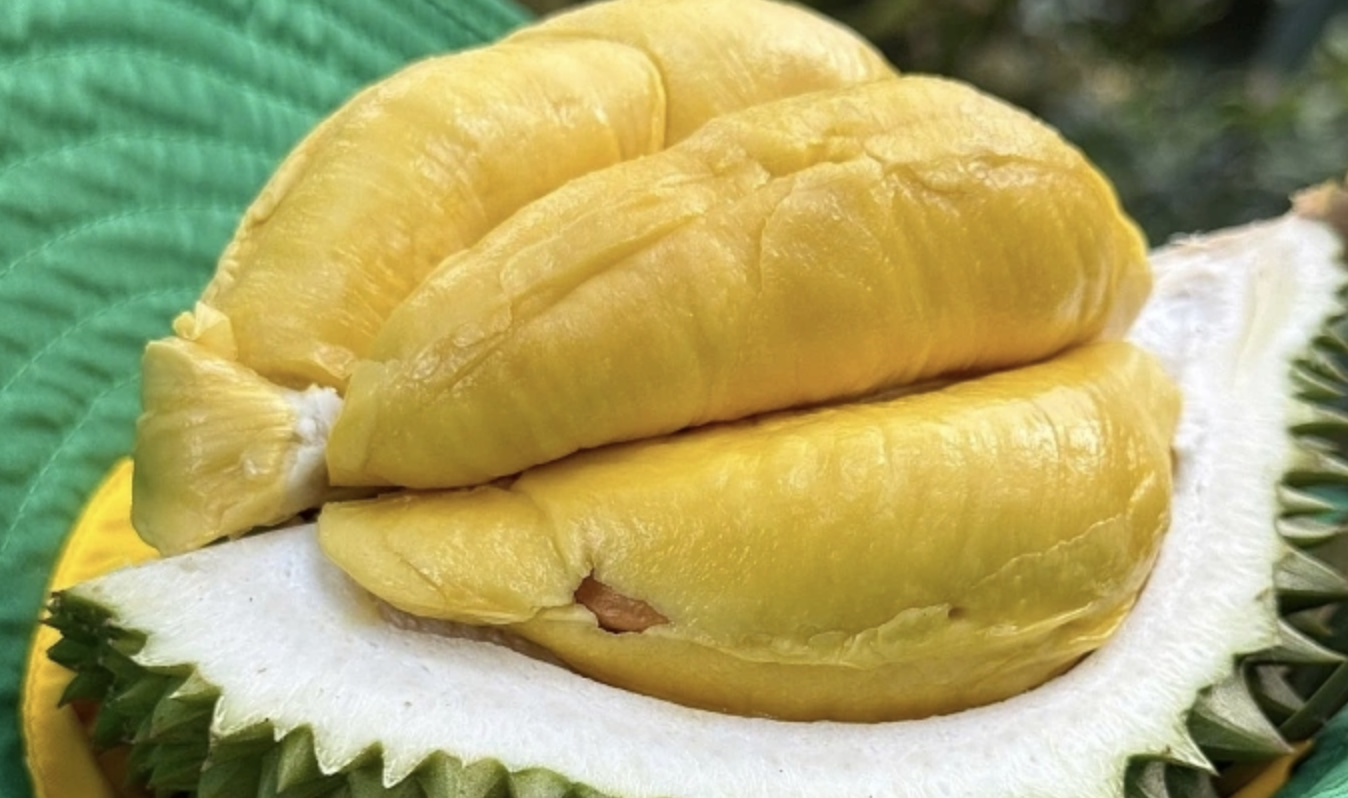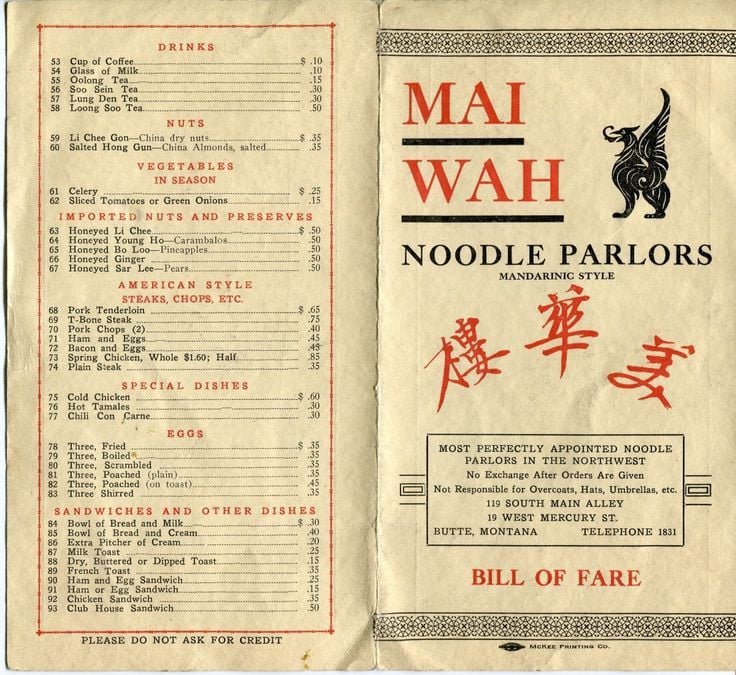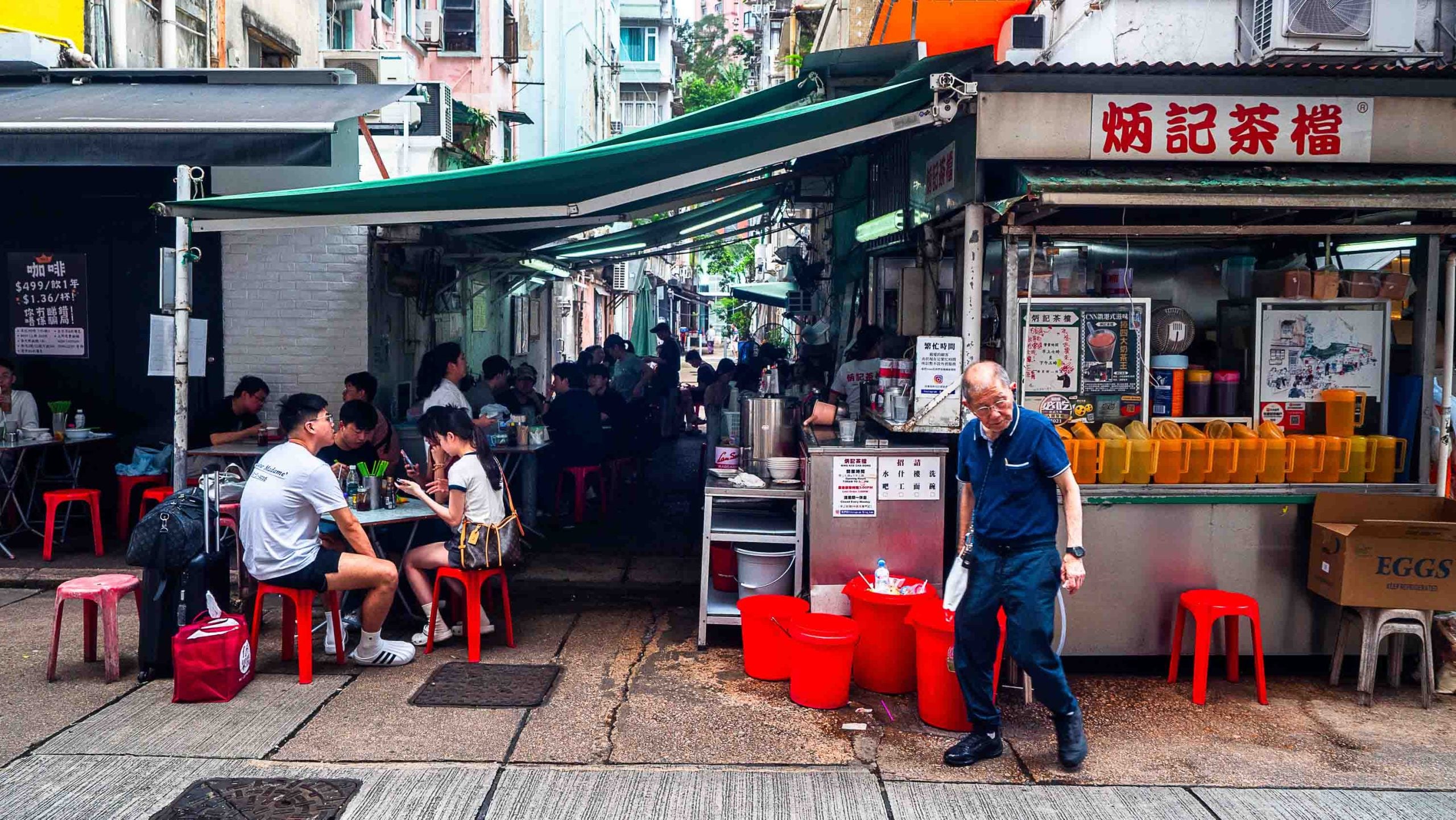Coffee, tea, and eggs, components of many a breakfast around the globe, are at the center of a thought-provoking Instagram post by one food influencer and proponent of Chinese cuisine.
“If you’re at all familiar with Chinese breakfast foods, you will have come across a tea egg. But have you ever tried a coffee egg?” asked Michael Zee on the ultra-popular Instagram account @symmetrybreakfast.

Screengrabs via @symmetrybreakfast/Instagram
Zee’s recipe swaps black tea leaves for freshly brewed coffee, revamping a dish that’s at least 200 years old; the earliest mention of Chinese tea eggs appears in The Way of Eating, a gastronomy manual penned by Qing Dynasty poet Yuan Mei.
The idea for ‘coffee eggs’ had been brewing in Zee’s mind for some time, but the content creator, who occasionally works in tandem with brands, decided to share the recipe upon receiving a batch of Wa Choo coffee beans grown in Yunnan and roasted by Origin Coffee Roasters in Cornwall, UK.
“The idea was that recipes are a reflection, a sort of social commentary, on the changes within our diets today. And not just our diets, but also trends,” said Zee.
“So we see now a change in China away from tea culture, thousands of years of tea culture, and towards coffee, and how will that look as it impacts other recipes.”
While tea appreciation is still as strong as ever in China, with premium Pu’er fetching eyeball-inflating prices and contemporary brands partnering up with fashion designers, Zee isn’t wrong about Chinese youth being completely smitten by the third wave coffee craze.
Synonymous with snow-dusted mountains and undulating rice terraces, Yunnan is the heart of China’s domestic coffee production, with over 90% of the nation’s homegrown coffee being harvested here, reported China Daily in 2019.
Even so, China still leans heavily on coffee imports. As Bloomberg outlines, demand far outweighs local supply — so great is the thirst for coffee among young professionals in Beijing and Shanghai.
Until July 2021, Zee lived in Shanghai for four and a half years — a period marked by mouthwatering Chinese meals on his feed. His signature food photography employs a ‘mirror effect,’ an aesthetically pleasing angle that catapulted the cook into internet stardom almost a decade ago.
The author of SymmetryBreakfast: 100 Recipes for the Loving Cook, which has been published in English, Spanish, and Chinese (both traditional and simplified), recommends cooking your hardboiled eggs for just five minutes to get jammy yolks.
Save for the coffee-tea swap, the recipe for coffee eggs isn’t too far removed from that of tea eggs, with both sharing common ingredients like soy sauce, cinnamon sticks, bay leaves, star anise, and Sichuan peppercorns.
“Tea egg aficionados, give them a go and let me know what you think,” enthused Zee in his video.
Food purists might decry the new dish, but if locally sourced ingredients and ideas define Chinese food, consider this: What gets more ‘Chinese’ than eggs steeped in Yunnan-grown coffee? Or a favorite beverage of Chinese youth, to boot? If anything, we may have just seen the birth of a future classic.
Related:
 Meet the Young Trio Behind Macau’s First and Only Craft BreweryFunny Eye Brewing was founded by three entrepreneurs born in the ’90s and mainly produces tea beers, as they represent the image of Macau as a city where East meets WestArticle Mar 18, 2022
Meet the Young Trio Behind Macau’s First and Only Craft BreweryFunny Eye Brewing was founded by three entrepreneurs born in the ’90s and mainly produces tea beers, as they represent the image of Macau as a city where East meets WestArticle Mar 18, 2022
Cover image via Depositphotos


















